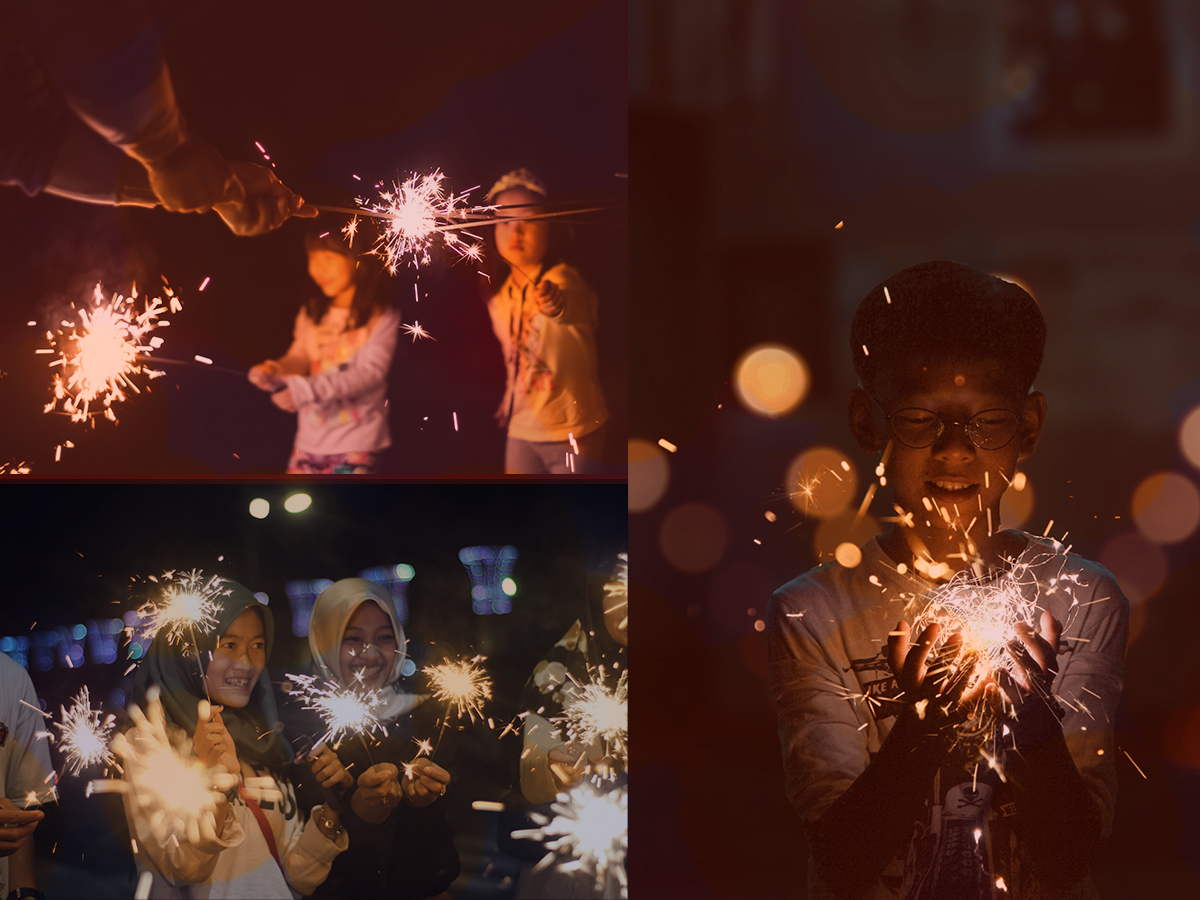Diwali, the festival of lights is celebrated by everyone with great zeal and zest. The five day long festival signifies the triumph of light over darkness, good over evil and new beginnings. People celebrate this auspicious day by lighting clay diyas, decorating their houses with lights, and making rangoli. This is one of the festivals for which everyone including kids, adults and elders wait for a long time. As we know that more than half of our population belongs to kids and teenagers that will one day become the future of our country. So the education and learning they would get from the occasions and culture of our country remains a matter of concern.
Carrying a rich history of values
Coming from a rich history and culture, there is not much left that our ancient books do not hold. Epics like Ramayana based on the story of Shri Ram have been a legend and people themselves as kids have been listening to it by their elders and kids watching the animated version of it by the movies these days. When one lets the wisdom of these epics fill the aspiring young mind of the individual, one gets to know that there is much more to be learned, the hardship faced by Sita smiling and waiting for Rama in belief to come and rescue her is a sign of trust. The selflessness shown by Lord Hanuman to his Lord shows devotedness. The brotherhood shown by Lord Lakshman is the path every young one should walk on. And much such evidence of values can be learnt and taken from the epic.
The story behind Diwali
Diwali as we all know is the day when Lord Rama with Sita came to Ayodhya after fourteen long years of exile. The country celebrated the victory over the evil Ravana, and they lit diyas as a gesture to welcome their king. Since then, Diwali is celebrated by all the Indian’s over the world. Many other religions also contribute their participation on this beautiful occasion. Starting the tradition of Diwali from Satyug, the means of celebrating it might have changed a bit but the overall meaning and sentiments behind it is still the same. In the modern Diwali celebrations, kids are more influenced by crackers, party time, music and celebration rather than understanding the real reason for celebration. The Diwali enthusiasm is indeed a necessary element for Diwali, but the values and morals the festival is associated with holds an equivocal importance. For a holistic growth and development, imparting knowledge about the true meaning of festivals is important for children. Here are a few life lessons to learn from Diwali:
? People light the lamps to welcome Lord Rama, Sita and Lakshman back from exile after killing Ravana. The true meaning of Diwali is the win of good over evil. Lighting diyas and lights to remove darkness at night showcasing that embracing light can remove the darkness of negativity.
? At Diwali, houses are cleaned to welcome Goddess Lakshmi and pray to Goddess Lakshmi and Lord Ganesha to draw away obstacles in life and help us grow in life. A clean place is where one can have a peaceful state of mind and new beginnings. Diwali is based on the same ideology, to remove negativity around us and clean not just our homes but filter out our minds as well.
? On Diwali, people share sweets with their friends, relatives and friends. Besides, a lot of people try to help poor people in celebrating Diwali. This is the spirit of the festival of lights to help everyone and share the good we have with everyone. It encourages people to share, contribute and live in a happy world.
? Diwali is a five day long festival starting from Dhanteras, on which people buy new clothes, jewellery and items denoting a fresh start and new beginnings.
Diwali is all about removing our inner darkness, illuminating our world, helping everyone and starting new beginnings. The minds of children are inquisitive and eager to learn. It is important to nourish their excitement of Diwali in a way that boosts their moral growth. Children learn the best from what they see so we should celebrate Diwali in a way that teaches them the real meaning of Diwali. Happy Diwali!
